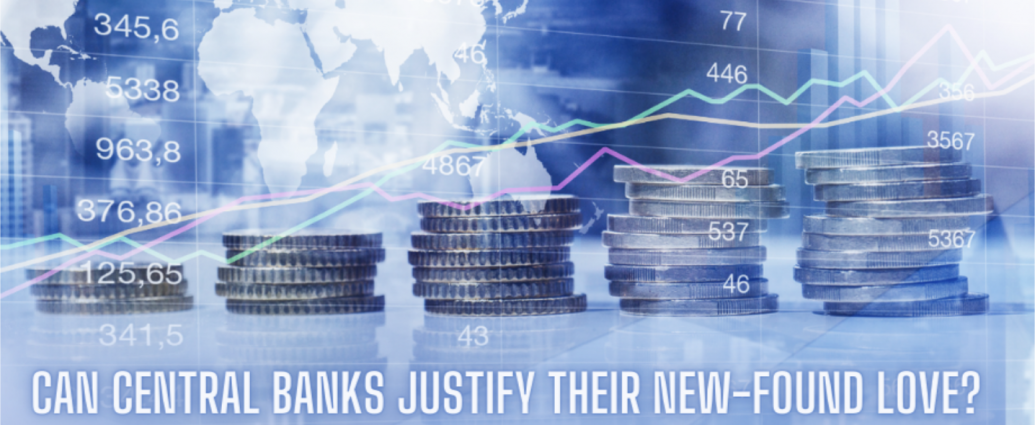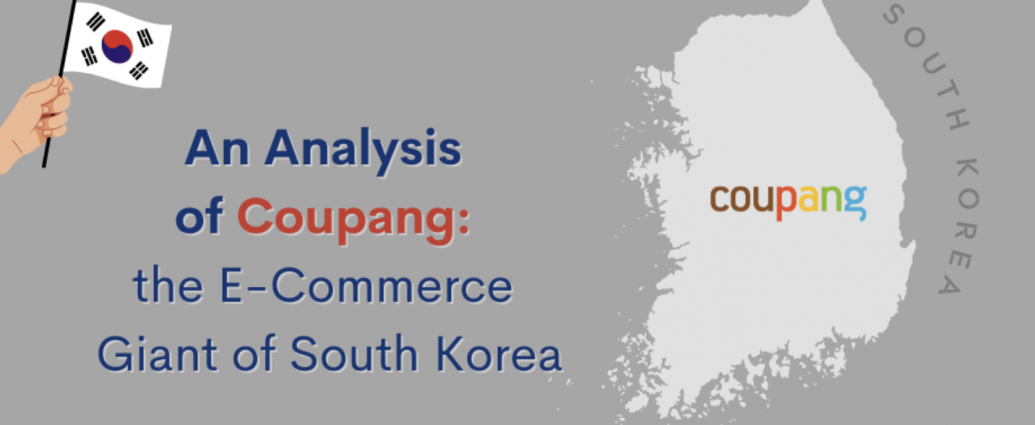Can Central Banks Justify Their Newfound Love?
Macroeconomic theory suggests that without any outside intervention, the macroeconomy will self-adjust and return to its long-run state after short-term shocks. The decision for policymakers thus boils down to a cost-benefit analysis taking into account factors like intertemporality and risk tolerance — they can either wait and allow the economy to adjust organically, or sink resources into actively trying to stabilize the economy, taking on the risk of further destabilizing it.Continue Reading



